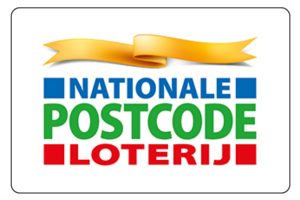March 20, 2025
Uganda: Survivors unite to advance the Survivors’ Call to Action against conflict-related sexual violence
The Mukwege Foundation hosted an advocacy workshop in Uganda (March 4-6), bringing together 22 survivors representing 14 organisations and 14 networks from across the country. During the workshop, survivors came together to discuss their advocacy priorities and collectively draft a Uganda-specific Survivors’ Call to Action. This was followed by a public event, providing a platform for Ugandan survivors to present their targeted advocacy priorities to key stakeholders and introduce their Call to Action.
Read how survivors in Uganda are shaping the Survivors’ Call to Action and leading the way towards justice and accountability.
SEMA, Uganda’s national networks, and the Red Line Initiative: collaborating to end conflict-related sexual violence
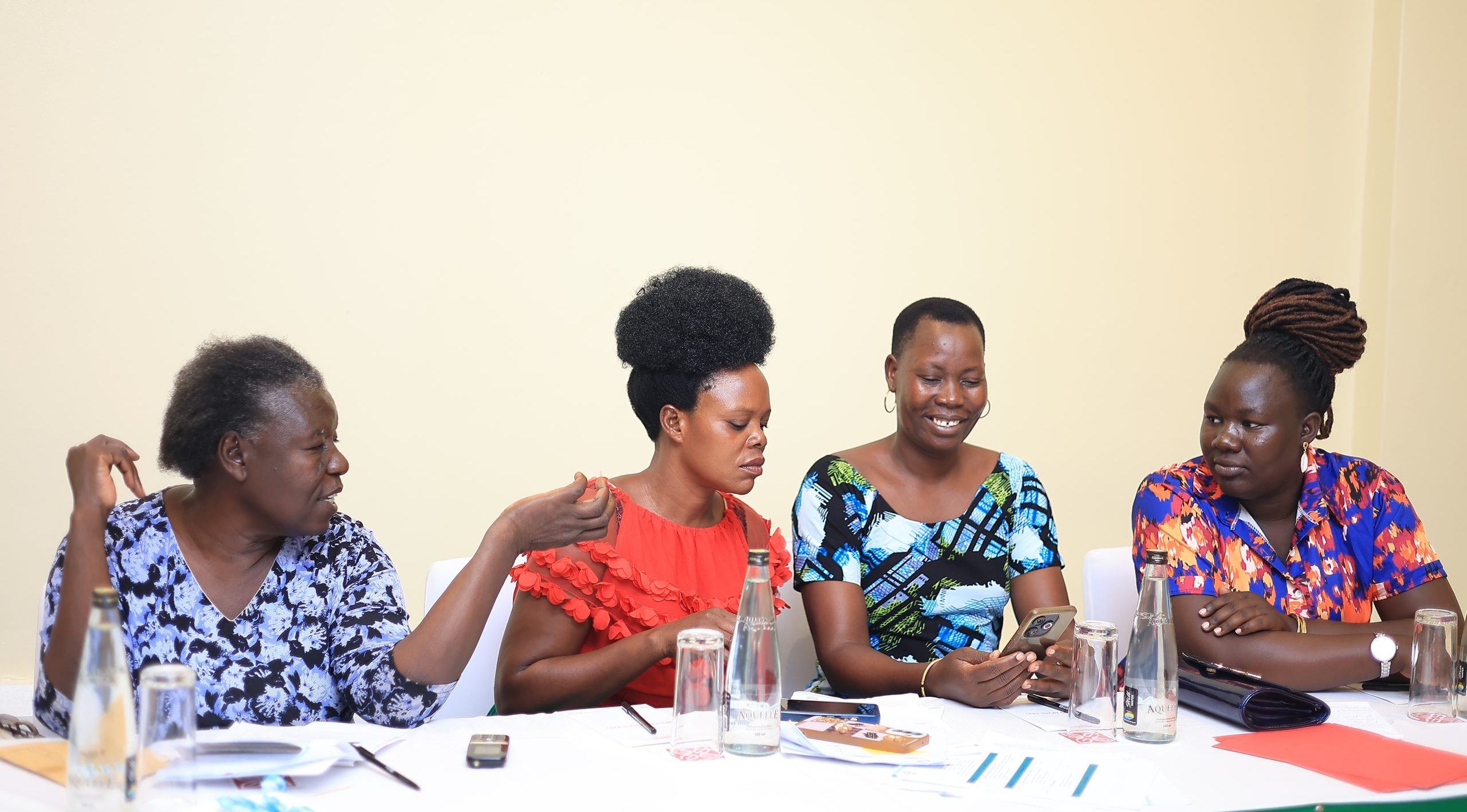
SEMA, which means ‘speak out’ in Swahili, was initiated in 2017 by the Mukwege Foundation. This global network brings together victims and survivors of wartime sexual violence from 27 countries, acting in solidarity, mobilising collectively, and advocating for justice and change. Together, SEMA members advocate for an end of sexual violence used as a weapon of war, and demand enforcement of the rights of survivors, including access to justice and holistic care.
Ugandan survivors are represented in the global SEMA network by Sylvia Achan and Grace Acan. Both women are the executive directors of national survivor-led networks – Sylvia leads Golden Women Vision Uganda (GWVU-U), and Grace heads the Women’s Advocacy Network (WAN).
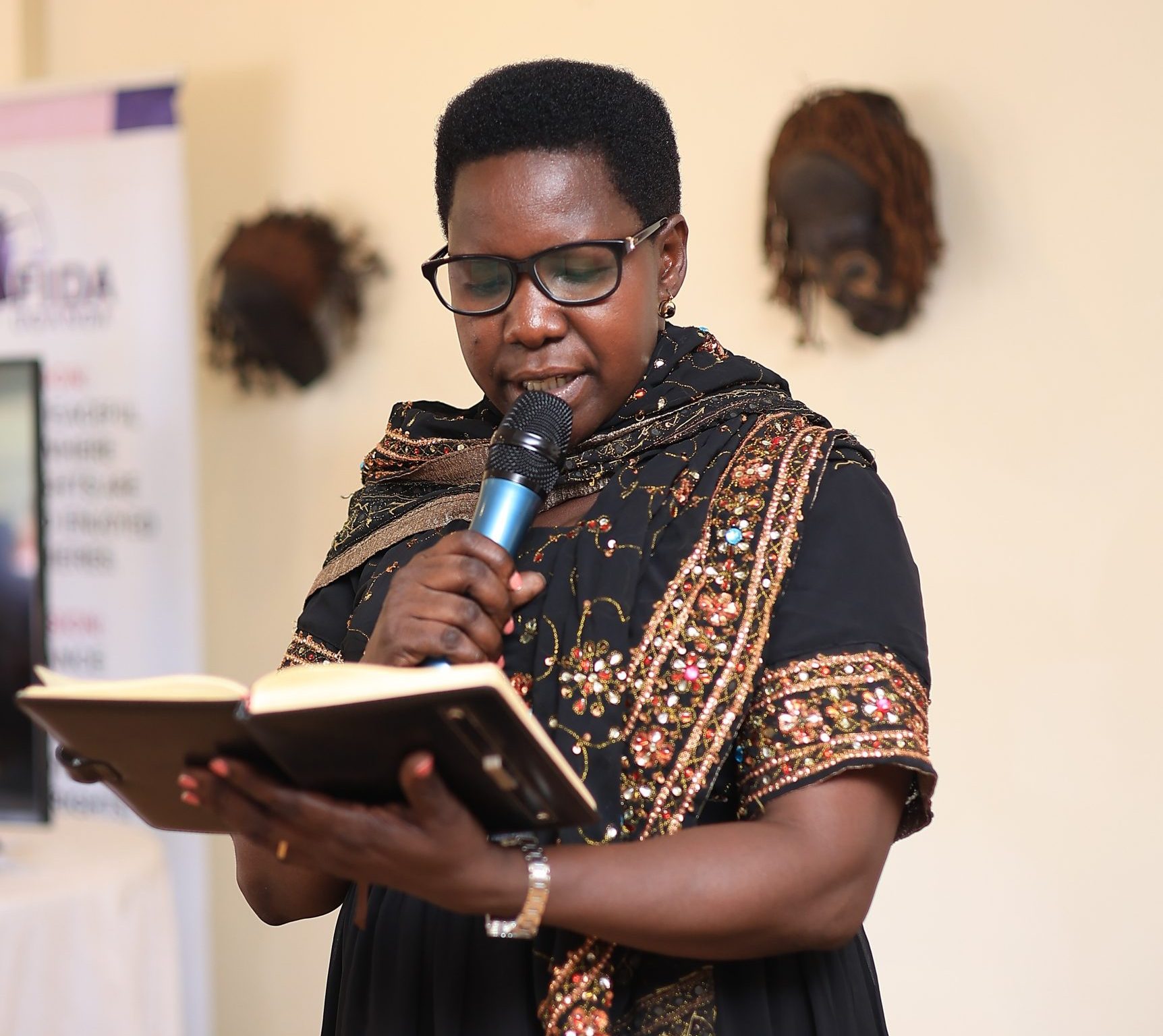
SEMA members issued their Call to Action in November 2022, in collaboration with the Red Line Initiative, in response to their collective sense of disappointment and anger with the decades-long failure of the international community to respond adequately to conflict-related sexual violence.
In 13 action points, the SEMA Call to Action demands concrete action from States in the areas of prevention, response, justice and accountability, and reparations for survivors of conflict-related sexual violence.
The SEMA Call to Action demands actions from all States and the international community. In order to adapt this to the Ugandan context, national survivor networks in Uganda and the Mukwege Foundation joined forces to develop a country-specific version of the SEMA Call to Action.
Together we can: strengthening survivors’ advocacy capacities
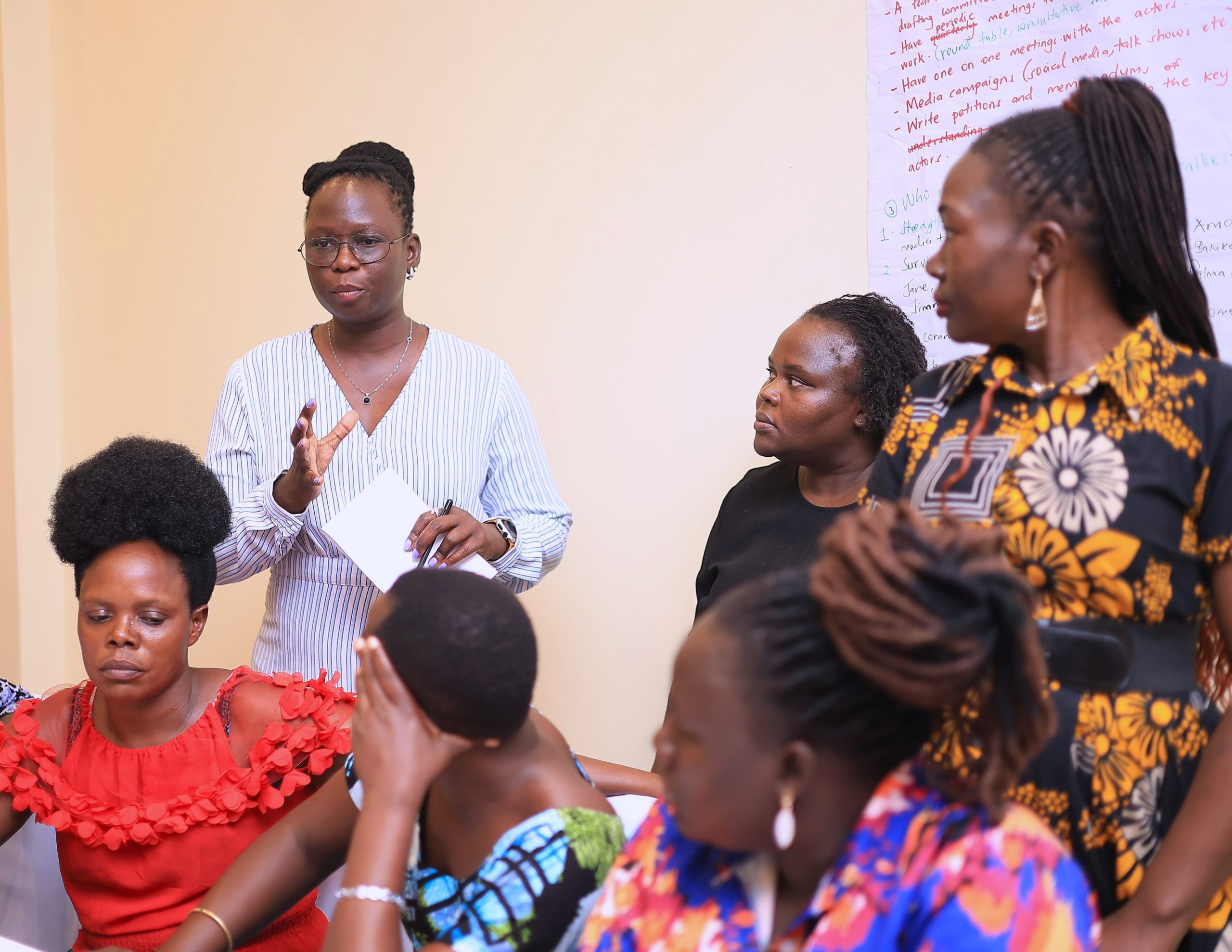
The survivor-led networks GWVU-U and WAN took a leading role in inviting and organising other survivors from Uganda to join the national advocacy workshop and public event. They succeeded in bringing together key survivor representatives in the same space. This included older survivors, children born of wartime sexual violence and survivor associations from different regions of the country.
The advocacy workshop also engaged FIDA Uganda, a key civil society actor. The organisation provided an analysis of the current state of domestic implementation of Uganda’s international and regional legal obligations relevant to conflict-related sexual violence.
Additionally, human rights expert Yvonne Oyieke shared her legal analysis of international and regional human rights obligations, underpinning each demand of the SEMA Call to Action.
By combining strong survivor voices with these insights, the workshop laid a solid foundation for identifying survivors’ advocacy priorities, enabling survivors to move forward with a focused and actionable Call to Action.
What are the key advocacy priorities for survivors in Uganda? 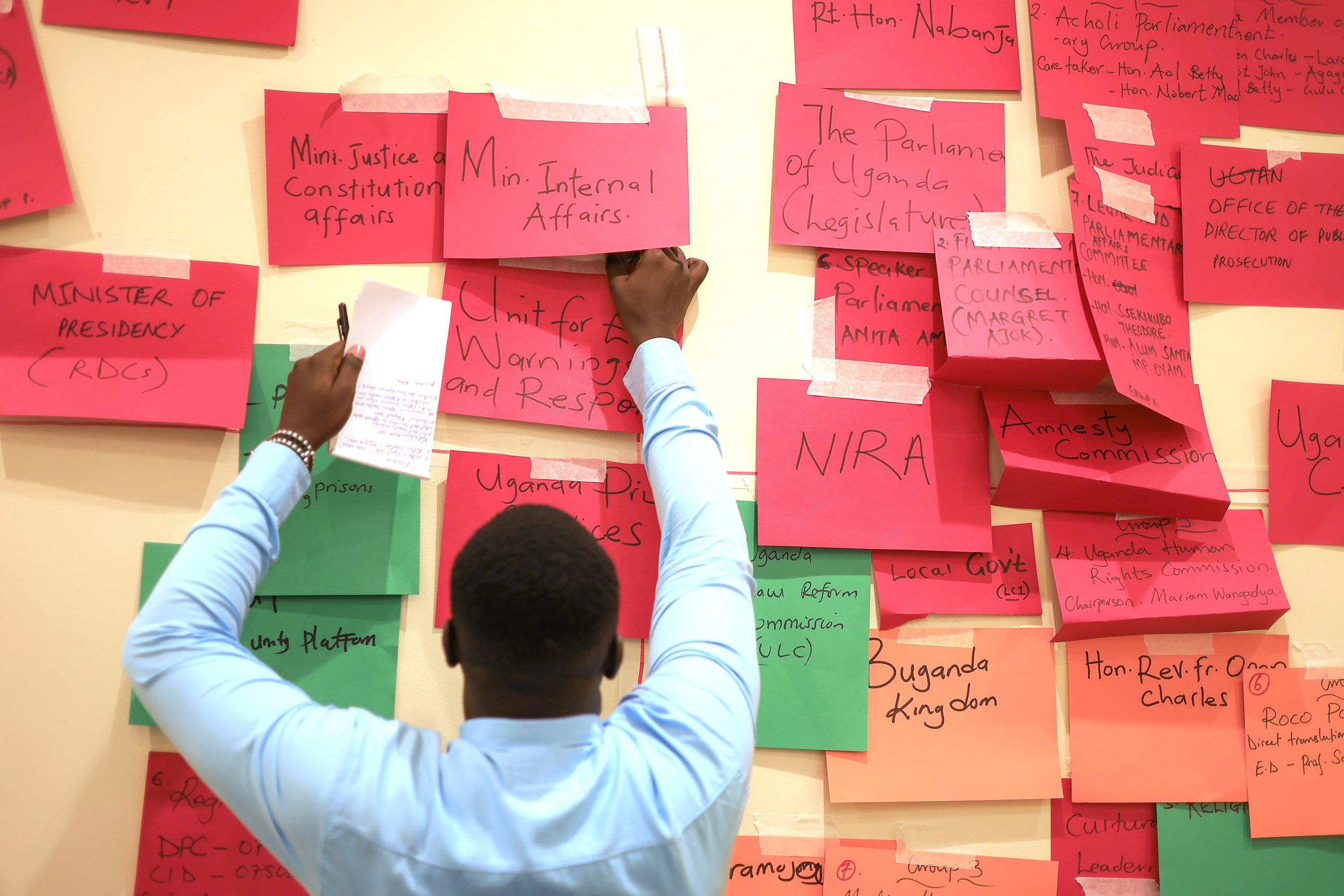
After several brainstorming discussions and capacity building sessions, survivors identified three advocacy priorities from the Uganda Call to Action that stood out for all participants.
- Conduct community awareness campaigns and provide in local languages the Ugandan government’s Conflict Early Warning and Early Response Strategic Plan 2023/2024 to 2027/2028, and prioritise preventing and countering violent extremism, including identifying early warning signs.
- Enact a National Transitional Justice law with clear legal provisions on truth-telling, forms of reparations, and mechanisms for implementing reparations. Survivors must be meaningfully and extensively engaged in the process of drafting the law to ensure that it contains their priorities and responds to their needs.
- Codify the National Identification and Registration Authority (NIRA) directives on birth registrations of children born of conflict-related sexual violence and ensure implementation by all authorities in Uganda.
Each priority reflects a demand in the Call to Action directed to the Ugandan government.
What’s next for the Uganda Call to Action?
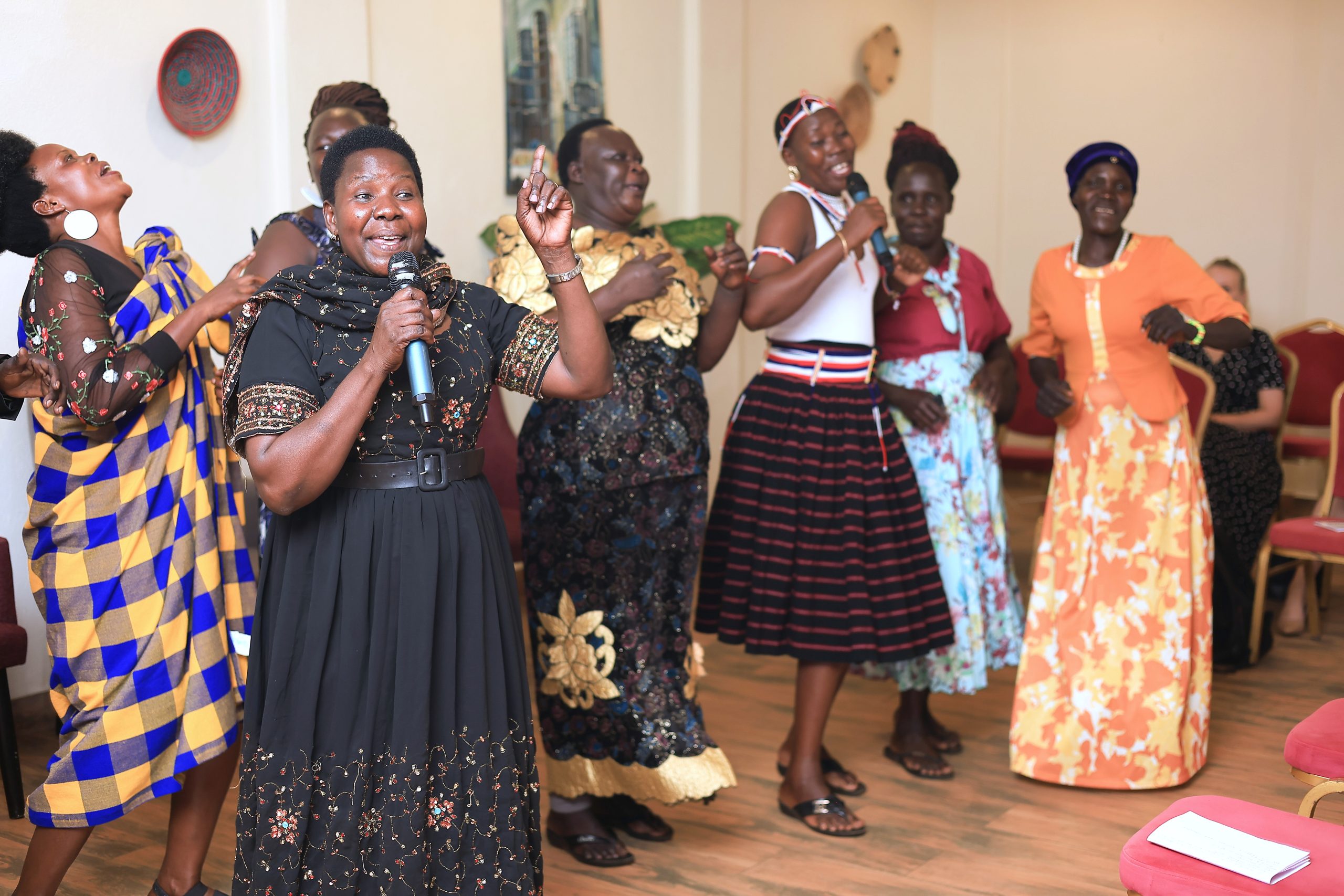
Moving forward, survivor groups in Uganda decided to form a coalition so that they can continue to advocate for these priorities. If you are a civil society actor in Uganda and would like to be involved in this coalition, please reach out to info@mukwegefoundation.org or get in touch with the SEMA Global Network sema@mukwegefoundation.org
Next steps
The coalition will be accompanied in the roll out of their advocacy plan, developed during the workshop, which outlines the key stakeholders survivors need to engage with, what activities they need to plan, and how they can measure progress on their advocacy strategy.
For the Mukwege Foundation and these networks, this also means we will be looking for future funding opportunities to continue supporting the momentum sparked by this workshop and public event.
Thank you
We are grateful to Golden Women Vision Uganda and Women’s Advocacy Network for leading the survivor engagement and to FIDA Uganda and Yvonne Oyieke for their collaboration. We also thank the UK government’s Foreign, Commonwealth and Development Office for their crucial support of this work.






